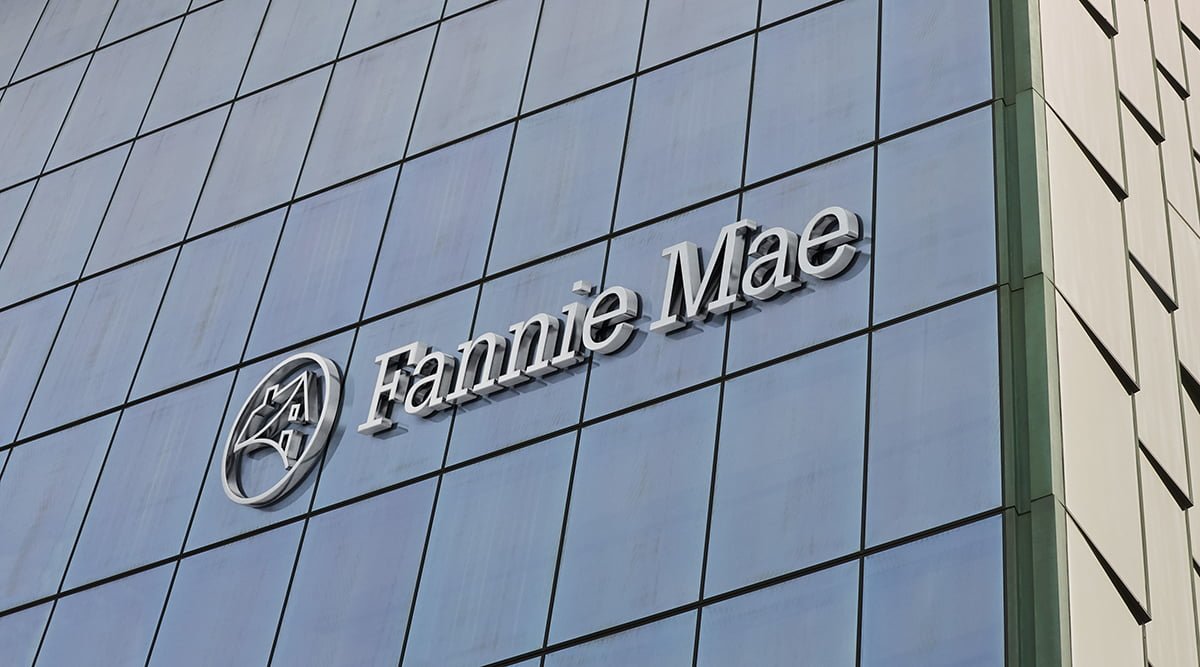The drama involving Fannie Mae, Freddie Mac preferred shares continues to develop in what has been a fast-moving chain of events over the last couple of weeks. The news has generally been good as progress was finally being made on an issue that spans the last 10 years. However, a new development has finally given well-known bank analyst Dick Bove of Odeon Capital pause. He now believes the GSEs’ preferred shares are fully valued after touting them for years.
FHFA does an about-face
In an update this week, Bove noted that Mark Calabria, head of the Federal Housing Finance Agency, which oversees the government-sponsored enterprises, has made a major pivot in his view of what should be done. When he was first appointed to head up the FHFA, he repeatedly said that Fannie Mae and Freddie Mac needed to be recapitalized and that he would seek to do it as quickly as possible.
Q2 hedge fund letters, conference, scoops etc
However, he has since changed his tune. He now says that as a government regulator, he must reduce the risk inherent in the two GSEs and that it isn't his responsibility to ensure that funds are available to recapitalize them. He now says it is Fannie's and Freddie's responsibility to make funds available for their own recapitalization.
Bove finds Calabria's new position to be "troubling" for a few reasons. First, he believes it could mean that the temporary agreement to end the net worth sweep might be pushed to the end of the year. Second, he thinks the plan to recapitalize Fannie Mae and Freddie Mac might not be released until the spring. Additionally, it suggests fundraising to recapitalize them won't even start until the end of next year or probably in 2021. More seriously, he said Calabria is now demanding changes be made at the GSEs which could reduce their earnings power.
Bove notes that Calabria seems to be "the ultimate Washington insider," so he believes the sudden change in his views is signaling something investors don't know yet. He suggests that the message could be that it will be years before Fannie and Freddie are recapitalized and released from conservatorship.
If that's the case, then he advises investors to "step back for a moment and wait until there is some tangible evidence that the government has a definitive plan in place" to release the GSEs from conservatorship. He adds that the firms' preferred shares "remain attractive over the very long term," but their common shares do not.
Thus, Bove is changing his position on Fannie's and Freddie's preferred shares. After three years of recommending that investors buy them, he now advises them to hold the preferred shares. He believes they are fully valued at the current price, adding that the Fannie Mae preferred S Series shares are up 267% over the last three years.
However, he also advises that investors who own preferred shares not sell them. He is still convinced that is some point the preferred shares will be paid off "with a sizable profit for investors," but he believes the common shares are overpriced. The real problem with the preferred shares is that there may be no resolution until the middle of 2021.
"The stocks to this point have moved higher on faith that behind the scenes negotiations with the government will turn public and positive in the near term," Bove wrote. "I question this and want to see some tangible developments before coming back to these investments."
Positives and negatives of Calabria's positions
The bank analyst also noted that Calabria continues to do the rounds of the financial news outlets, which is interesting because he is acting as if the recent court ruling declaring his position as unconstitutional never happened. Setting aside the fact that Calabria may end up having zero say over what happens to Fannie Mae and Freddie Mac, Bove sees several positives and negatives with what he has been saying.
On the plus side, Calabria has been emphasizing the risks associated with the GSEs. He has testified before Congress and told the media repeatedly that their asset-to-capital ratio stands at 1,000:1. This means that if a new financial crisis were to occur, Fannie and Freddie would have to return to Congress to draw down their line of credit and/ or seek more money from taxpayers. Bove believes these are positive statements because he is forcing unconcerned lawmakers to focus on the real threat associated with the GSEs.
Another positive is the possibility that the Treasury might not collect any more dividends from the GSEs until they build their capital up from $3 billion to $20 billion. An agreement on this with the Treasury is expected this week. Calabria also believes Fannie Mae and Freddie Mac should be reprivatized, even though he no longer things it is his responsibility to do it. He also seems to believe the government owes shareholders something for taking away their rights without their consent.
Timing is the biggest negative factor for Fannie and Freddie right now, but that's not all Bove is now concerned about. Aside from the probably delays, he's also worried about some of Calabria's new operational views, even though the Fifth Circuit Court says he has no real power over the GSEs.
Operational concerns for Fannie Mae, Freddie Mac
Bove notes that Calabria believes multiple companies should have the same powers as Fannie Mae and Freddie Mac, which could pose a problem for both of them. With this view and the belief that their balance sheets are too risky, Calabria is mandating that underwriting standards at both firms be tightened, which means some mortgage classes might not be underwritten in the future.
Calabria is also taking the GSEs out of the mortgage insurance business by acting on his belief that they should not be in businesses that compete with private companies already operating in them. Additionally, he is asking Congress for the right to bring more companies into the secondary mortgage market.
"In sum, he is totally committed to the view that Fannie and Freddie should be smaller companies with fewer products and that they should have multiple competitors," Bove explained. "For those of us who have covered these companies prior to the takeover by the government, it is well known that they were aggressively seeking the right to move higher on the risk scale and to add multiple related products so that they could regain lost market share. Mr. Calabria has closed this door and he is, therefore, meaningfully reducing the potential secular growth rate of these businesses."
For now, it seems as if investors are largely ignoring what Calabria has been saying, which is why Bove is now advising caution on the GSEs' preferred shares.
This article first appeared on ValueWalk Premium






